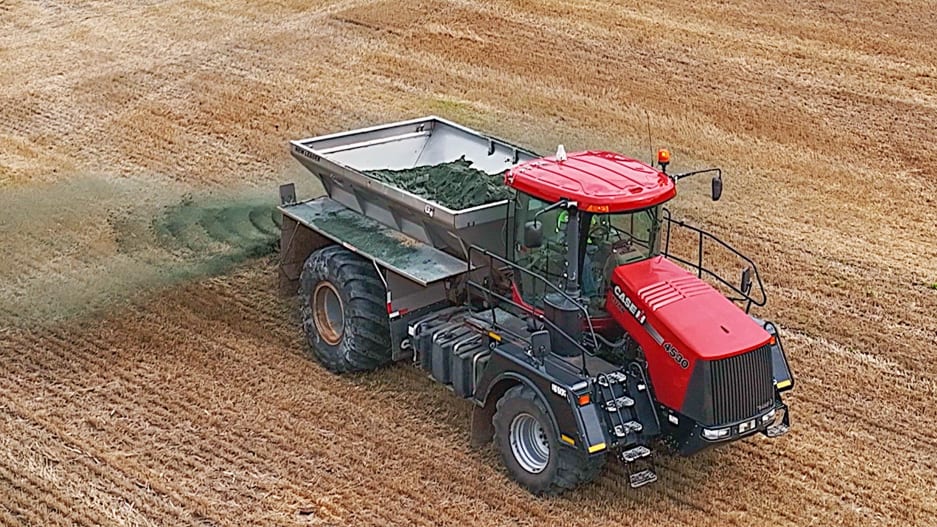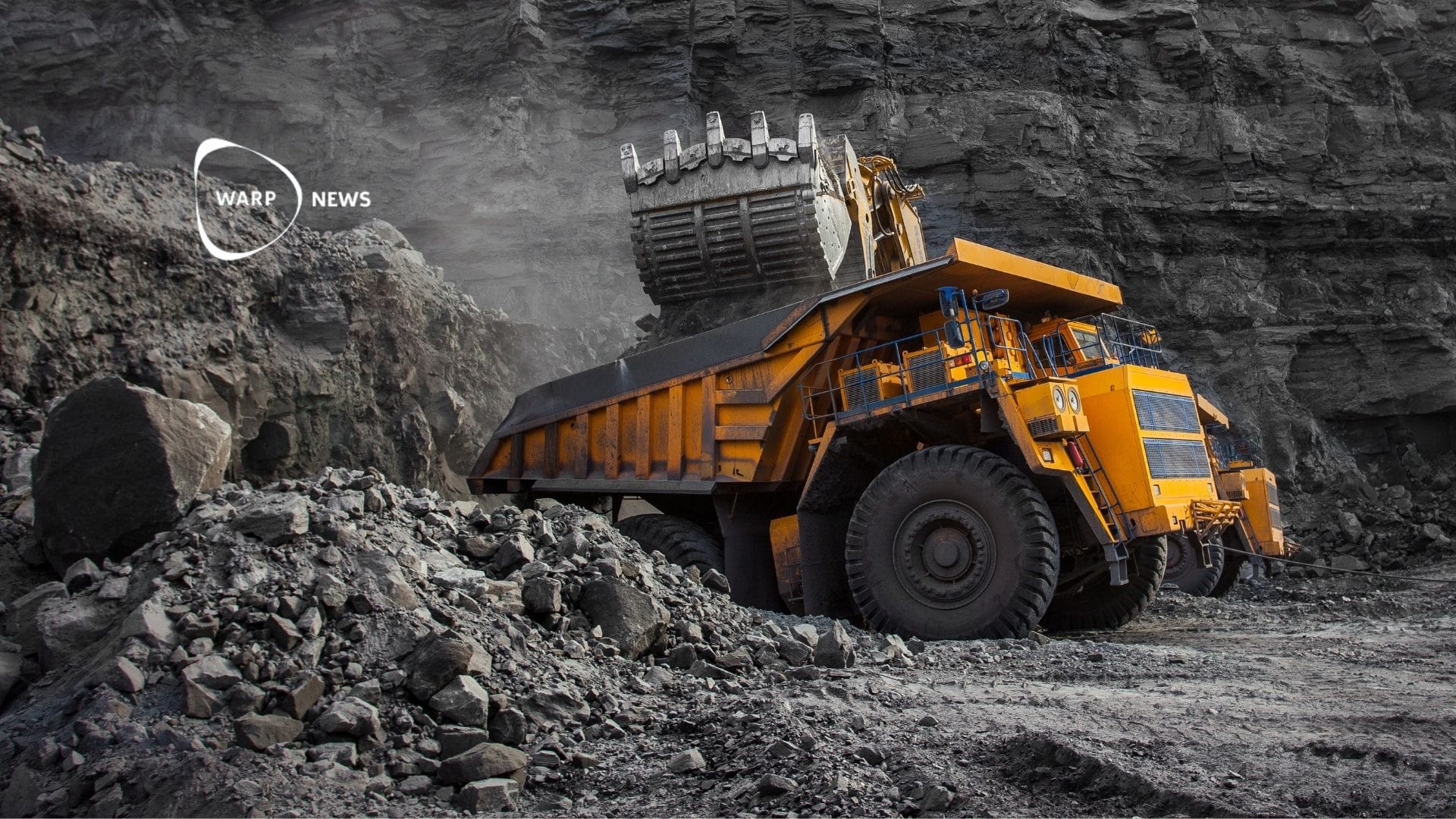
🌋 Volcanic rock dust captures carbon and fertilizes crops on farms
This agriculture-tech startup is spreading dust from the basalt rock on farmer’s fields to capture carbon and remove it from the global carbon cycle. A plus is that the dust also acts as fertilizer.
Share this story!
Lithos Carbon, an agriculture-tech company is using dust from the basalt rock (a volcanic rock) as fertilizer but also as a way of removing carbon from the global cycle. How? By spreading it on farmers' fields.
The startup sells this method as carbon credits to industries looking to reduce their emissions. They give a cut of their profits to the farmers who own the fields that are being used. Not only is this amazing for the environment, it also enriches the fields with iron, phosphorus, magnesium and calcium. In some cases, this enrichment can boost the yield by 47% compared to other methods like for example agricultural limestone dust.
“My approach to this is, if you can give farmers something that they will want and love and need, then they will do that,” Lithos CEO Mary Yap told Fast Company. “And then you will scale carbon capture almost as a side effect. One of my farmers has said, ‘I can’t eat carbon credits.’ Really, the crops at the end of the day are the thing that matters.”
Good News Network explains how the basalt rock stores the carbon forever: “CO2 in the air is partially absorbed by rains, which deposit it into the soil and the oceans. When rains fall on a field treated with basalt rock dust from Lithos, the carbon is captured in the basalt, before the material is washed down rivers into the ocean. Once in the ocean it’s taken up by a large variety of animals, often mollusks are other animals who use it to make their shells. Once they die, their shells fall to the ocean floor where the carbon remains, under most circumstances, permanently.”
The basalt rock is a guaranteed supply since it’s the most common volcanic rock available on Earth and is produced by the millions of tons per year in the mining industry.
In order to make sure just the right amount of dust is released onto the fields, Lithos have worked together with Yale University to create an intelligent software.
Right now, the startup is working together with 14 farms. The latest farm used 1500 tons of dust over 140 acres. This amount should absorb about 384 tons of carbon dioxide.
Picture: Lithos Carbon via Fast Company
By becoming a premium supporter, you help in the creation and sharing of fact-based optimistic news all over the world.


